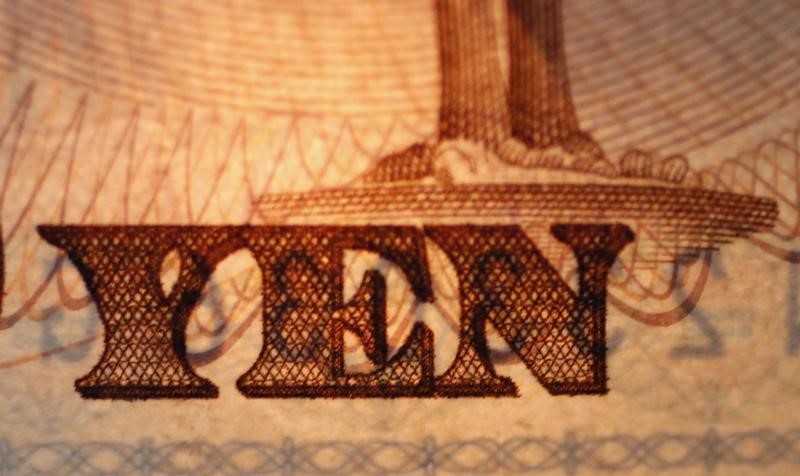* Kiwi falls 2 pct after NZ c.bank cuts interest rate
* Yen dented by report of LDP lawmaker view on monetary policy
* Yamamoto quoted saying Oct 30 'good opportunity' for BOJ easing
By Masayuki Kitano
SINGAPORE, Sept 10 (Reuters) - The New Zealand dollar tumbled on Thursday after the country's central bank cut interest rates and flagged potential risks to the economy from China, while the yen sagged amid a renewed focus on the possibility of more Bank of Japan easing.
The kiwi slid 2.0 percent to $0.6275 NZD=D4 . It slumped to a low of $0.6256 at one point, down from $0.6405 in late U.S. trading on Wednesday.
The Reserve Bank of New Zealand (RBNZ) cut its official cash rate by 25 basis points to 2.75 percent and said a further economic slowdown in China could lead to more rate cuts if it weakened New Zealand's growth.
While moves among other major currencies were generally more subdued, the yen sagged after reported comments by a Japanese ruling party lawmaker put renewed focus on the possibility of more monetary easing by the Bank of Japan.
Traders said the yen fell after Bloomberg quoted Japanese ruling Liberal Democratic Party lawmaker Kozo Yamamoto as saying in an interview that the BOJ's policy meeting on Oct. 30 would be a "good opportunity" for additional monetary easing.
The dollar briefly rose to 121.38 yen, its highest since Aug. 31, after Yamamoto's comments. It was last trading at 120.74 yen JPY= , up 0.2 percent on the day.
The greenback rose against the yen in a knee-jerk reaction in a thin market, said Jeffrey Halley, FX trader for Saxo Capital Markets in Singapore.
"He is a politician and this is his opinion. He is not a BOJ board member," Halley said, adding that the dollar later came off its high versus the yen on position squaring.
Earlier on Thursday, BOJ Governor Haruhiko Kuroda stuck to his upbeat view on Japan's economic outlook.
While Kuroda acknowledged that recent data has painted a patchy picture of the economic recovery, he stressed that conditions were falling into place for inflation to head toward his ambitious 2 percent target.
Against a basket of major currencies, the dollar traded at 95.897 .DXY , down from Wednesday's high of 96.410.
The euro edged up 0.1 percent to $1.1222 EUR= .
Uncertainty over whether the U.S. Federal Reserve will raise rates at its policy meeting on Sept. 16-17 - concern about China will factor into that decision - is keeping investors on tenterhooks.
There was also focus on the outlook for the Brazilian real after Standard & Poor's stripped Brazil of its investment-grade credit rating late on Wednesday, while keeping the outlook negative.
